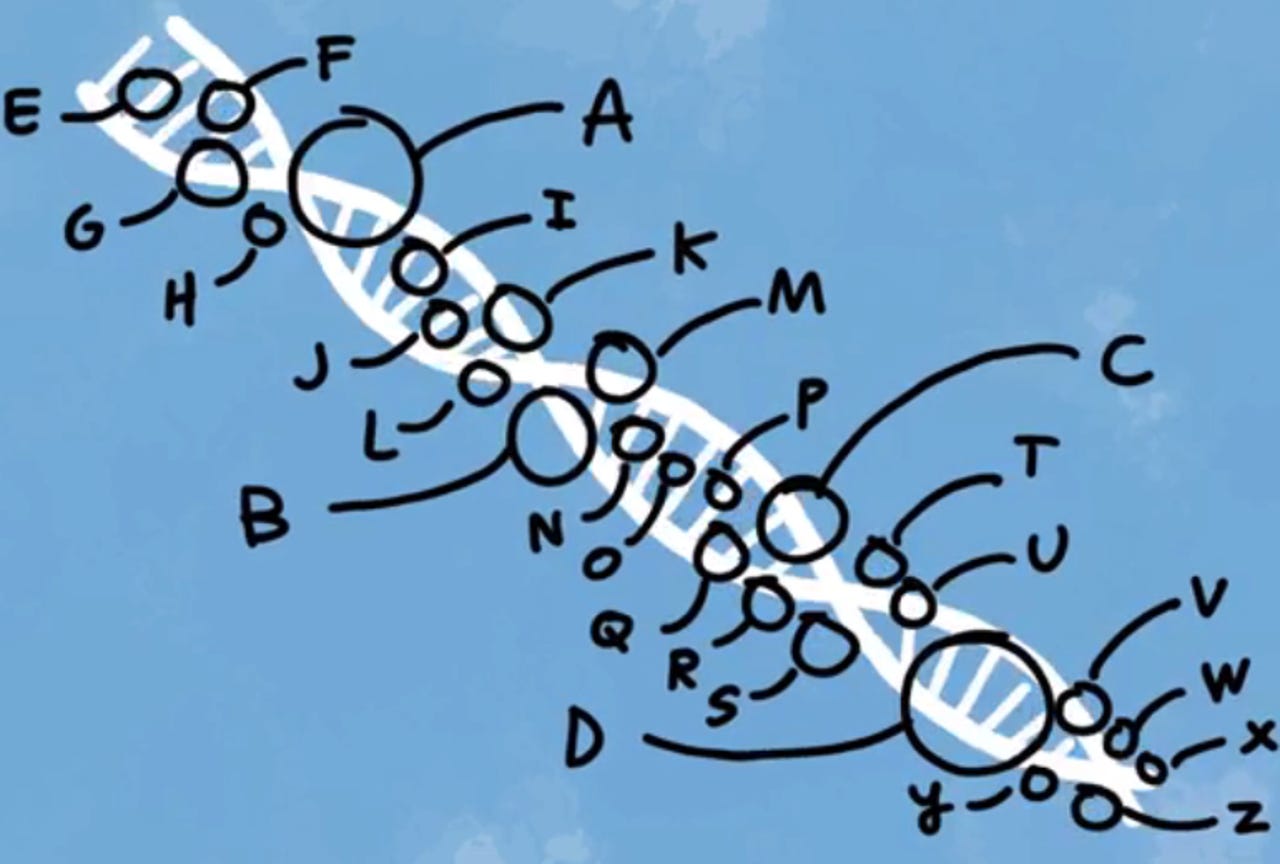Microsoft's next big AI project? Helping 'solve' cancer


Microsoft says it aims to help oncologists consider the individual elements of each patient's cancer at the genetic level.
Google's UK subsidiary DeepMind isn't the only group using artificial intelligence to fight cancer by helping doctors with clinical decisions.
Microsoft today launched a number of key cancer-fighting projects it has under way, showing off its application of machine learning to solve bigger challenges than identifying dog breeds.
One such application, called Project Hanover, is seeking to make personalized, precision cancer therapy available to all cancer patients by helping oncologists sift through reams of biomedical research papers faster.
Microsoft is targeting the so-called 'molecular tumor board', the group that convenes to devise personal therapy to suit a patient's specific cancer. However, oncologists are hampered by the volume of research required to assess the particulars of each cancer, limiting access to the most serious cases.
Microsoft says that the US government's PubMed service publishes two new papers each minute, or more than one million a year. Its Hanover team has used this repository to develop machine-reading technology that automatically parses millions of biomedical articles without relying on annotation and converts that into structured databases.
It's also plowed through PubMed papers covering gene networks and genetic association, and made its knowledge extraction available through an Azure-hosted biomedical search service called Literome.
"We understand that cancer is often not caused by a single mutation. Instead, it stems from complex interactions of lots of different mutations, which means that you need to pretty much look at everything you know about the genome," Hoifung Poon, a Microsoft researcher, said.
Poon and others in the Hanover team are working with the Knight Cancer Institute at the Oregon Health and Science University to use machine learning to personalize the drug combinations used to treat acute myeloid leukemia.
Knight Cancer Institute director Brian Druker said his team provide hypotheses to computer scientists who then do the analysis and help prove or disprove their theories.
Another area of cancer research where Microsoft is applying its AI clout is helping radiologists track disease progression. While radiologists can quickly examine a CT scan to establish whether a patient has a tumor, the human eye is less adept at detecting changes.
Microsoft is also touting its Bio Model Analyzer (BMA), which helps investigate what happens to cells when disease strikes. The BMA can help detect cancer earlier and simulate how patients with certain cancers respond to different medicines.
Microsoft says it has teamed up with pharmaceutical giant AstraZeneca to use BMA to understand drug interactions and resistance in patients with certain types of leukemia.
Finally, Microsoft's researchers at its Biological Computation Group are taking a crack at programming cells in the human body rather than silicon on chips.
Head of this group, Andrew Phillips, said Microsoft is still a long way off achieving that goal, but says it is "technically possible", if only it understood the cell as deeply as it understood computers.
MORE ON MICROSOFT RESEARCH
- Microsoft Research reveals significant advancements in gestural UI
- Deakin Uni, Ytek kick off machine learning algorithm research for simulation training
- Microsoft Surface Hub chief, Holoportation researchers leave to form stealth startup
- No more ducking duck: Microsoft's iPhone keyboard learns from you how to swear
- Microsoft's newest milestone? World's lowest error rate in speech recognition
- TechRepublic: Microsoft research chief: AI is still too stupid to wipe us out (and will be for decades)
- CNET: Bare hands are the future of VR, says Microsoft Research